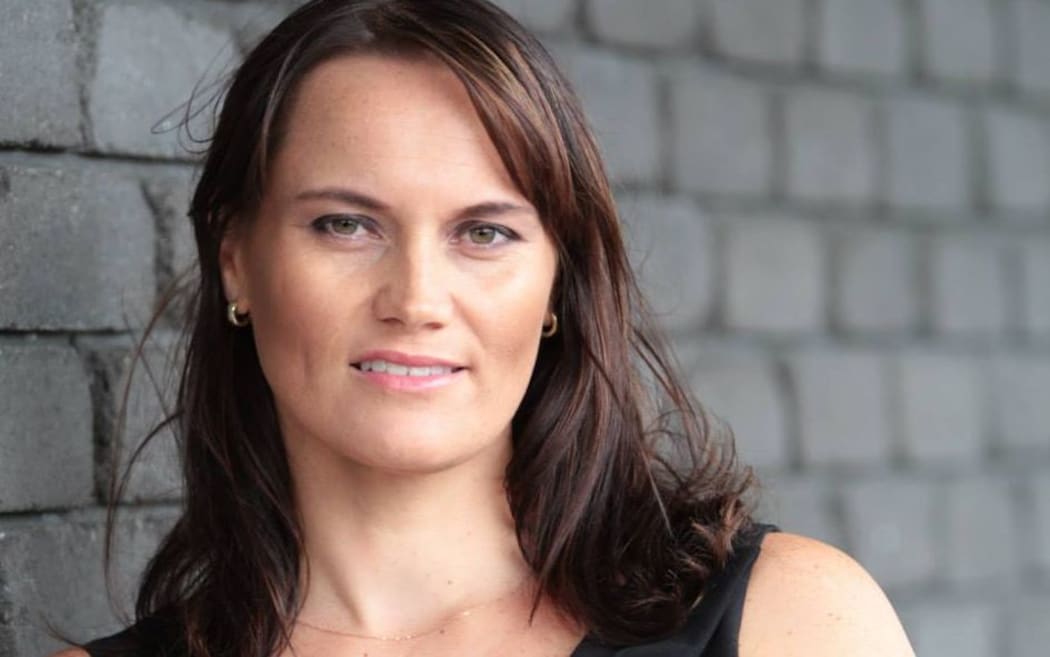A survey on Māori in the workforce has revealed that some feel they are exploited for their cultural knowledge and undervalued.
Raiha Hooker, a Masters student at Massey University, conducted an online survey and found many who responded had even been refused tangihanga, or bereavement leave.
The Ngāruahine woman wanted to find out how culturally responsive the working environments of Māori employees are and how well they acknowledged Māori values.
Ms Hooker said most of the 113 anonymous respondents came from the health and education sectors with about 70 percent having a degree or higher qualification and about 60 percent were female.
She investigated why some employees left their workplaces and how some organisations were able to retain their Māori staff.
Ms Hooker said one re-occurring theme was that while some employers relied on their staff's mātauranga Māori, many felt under-appreciated.
"They like being that 'go to' person, but it needs to be reciprocated, it needs to be acknowledged in the correct manner," Raiha Hooker said.
"And monetary value isn't always the way to honour employees just by giving them an extra pay rise - that's not going to enhance somebody's mana, employers need to acknowledge and show respect for how Māori staff enhance their company - that will enhance their mana."

Massey University Masters Degree student Raiha Hooker. Photo: Supplied
Syd Keepa who is the vice-president Māori of the Council of Trade Unions, said tāngata whenua who work in the Government sector also reported incidents where they felt exploited.
"They're used for the 'go to' person for tīkanga Māori, whatever organisation they're working for," Mr Keepa said.
"A lot of the organisations keep you there purely to do that tīkanga stuff because I know a lot of organisations that do that. And I'm not only talking about private organisations, I'm also talking about Government organisations where that happens."
Tangihanga leave allows Māori staff extra time off to carry out their customary roles on the marae when a funeral takes place. Typically the period of mourning lasts for at least three days.
Raiha Hooker said the survey found that employers were happy to use their Māori staff for traditional rituals, but often refused to let them have tangihanga leave.
"The one thing that came up was their lack of acknowledgment around leave to go on tangi for whānau," Ms Hooker said.
"A lot of organisations don't necessarily take into account how close Māori families are, so my cousins are like my siblings. So there are some organisations that unless they're immediate family you can't take tangi leave for that, you have to take your annual leave."
Syd Keepa said about 20 years ago he approached the Māori caucus to make a case to allow for Tangihanga Leave to be added to the Employment Contracts Act.
Mr Keepa said there are provisions in the Act for employers to factor in Tangihanga Leave.
"If you go back when I was a kid, I know a few uncles that got sacked because they went to their uncle's or their cousin's tangi for the whole duration of it," he said.
"So we wanted to rectify that, particularly in the Holidays Act. And so what came out of that was the extra day that is in the Holidays Act now from that kōrero (discussion) we had with the Māori Labour caucus."
Raiha Hooker said she was particularly interested in the results for tāngata whenua who work in the health and education sectors because they improve the quality of service for Māori patients and students.



